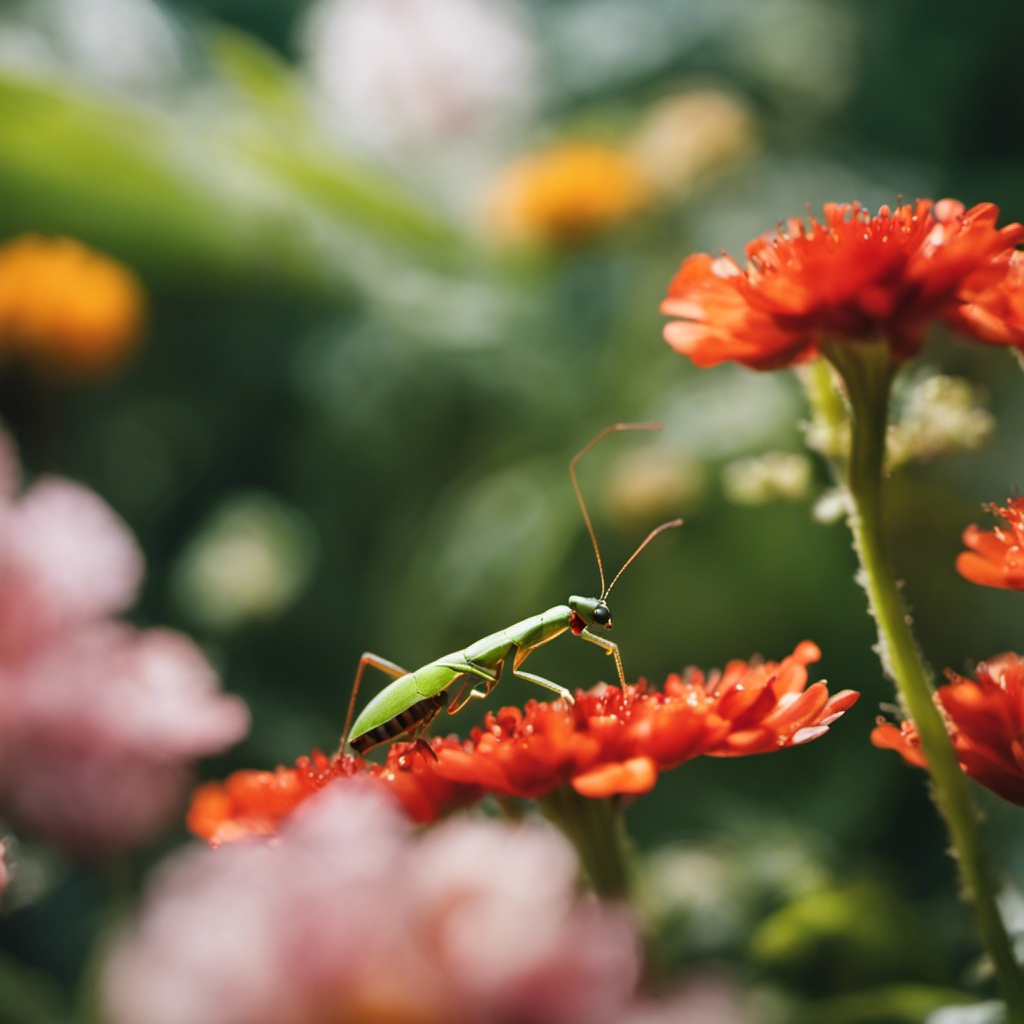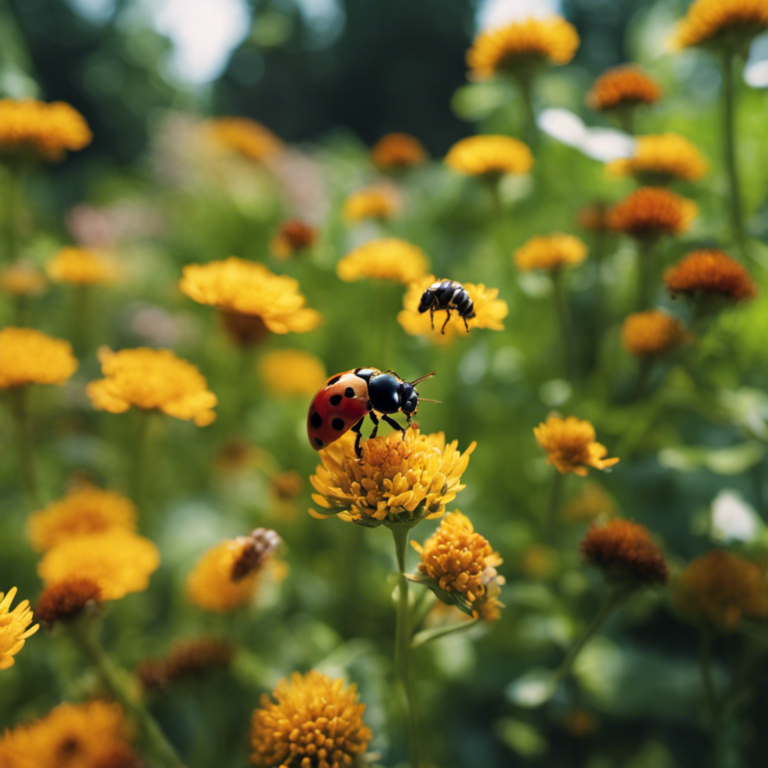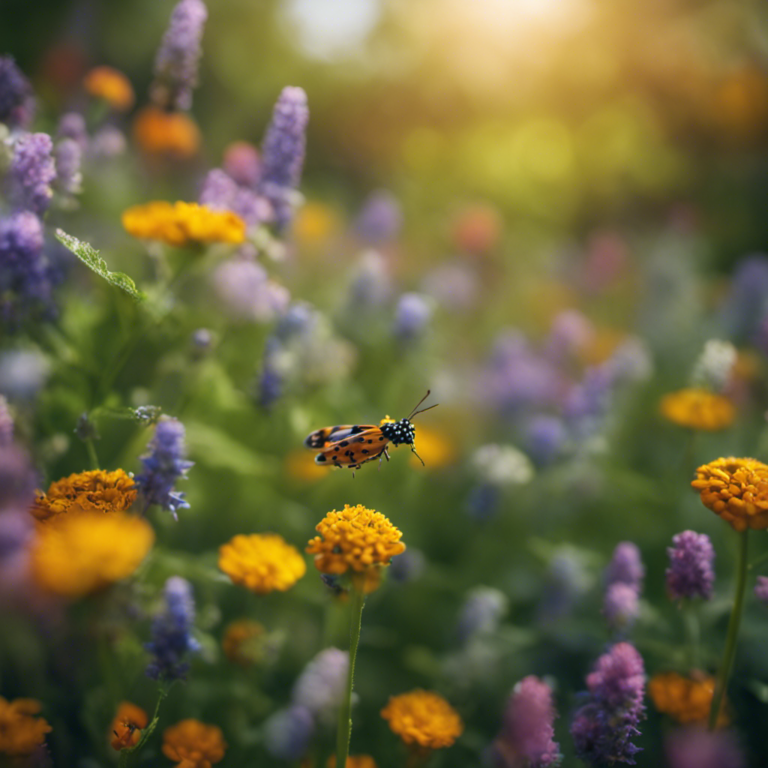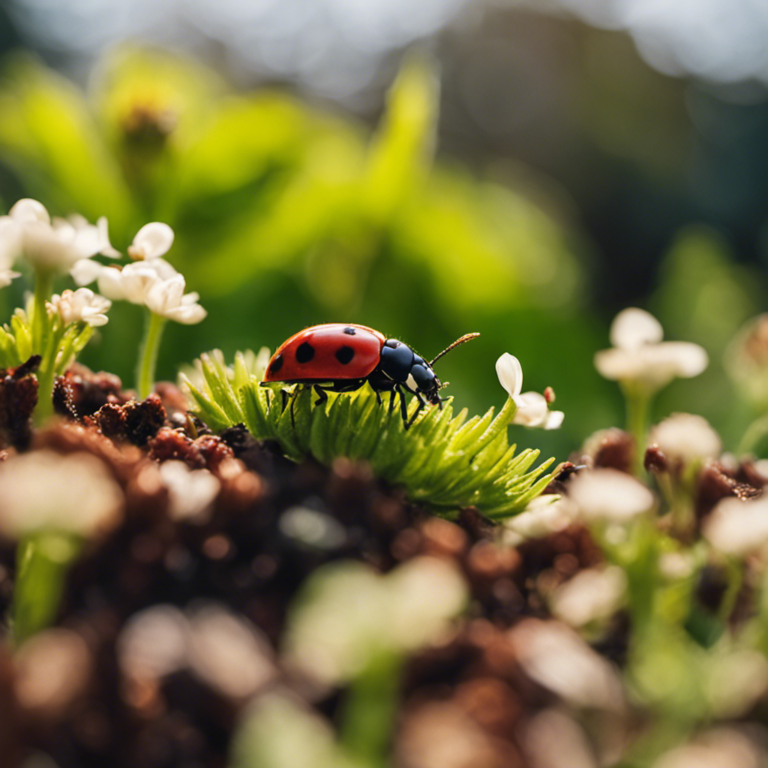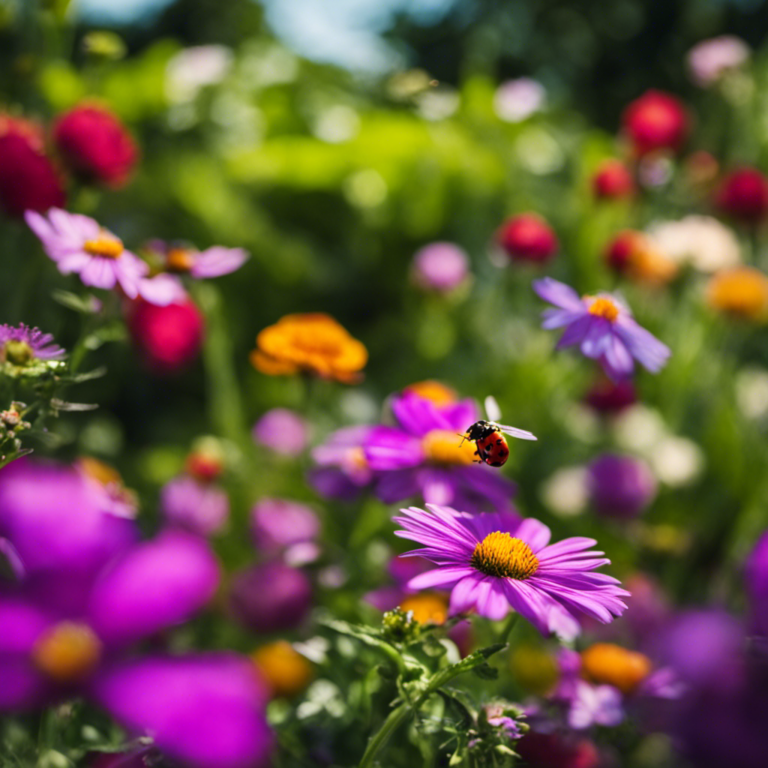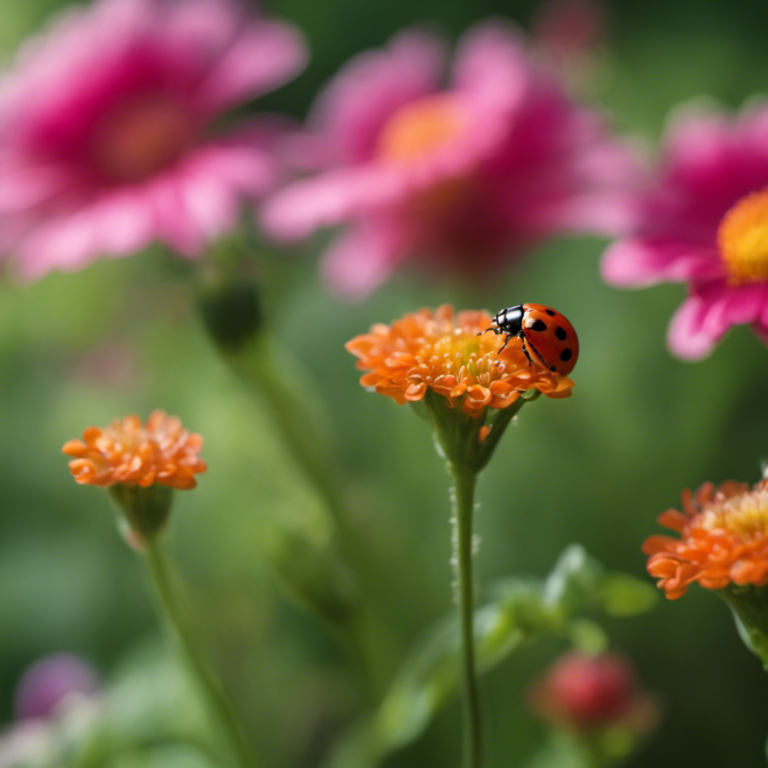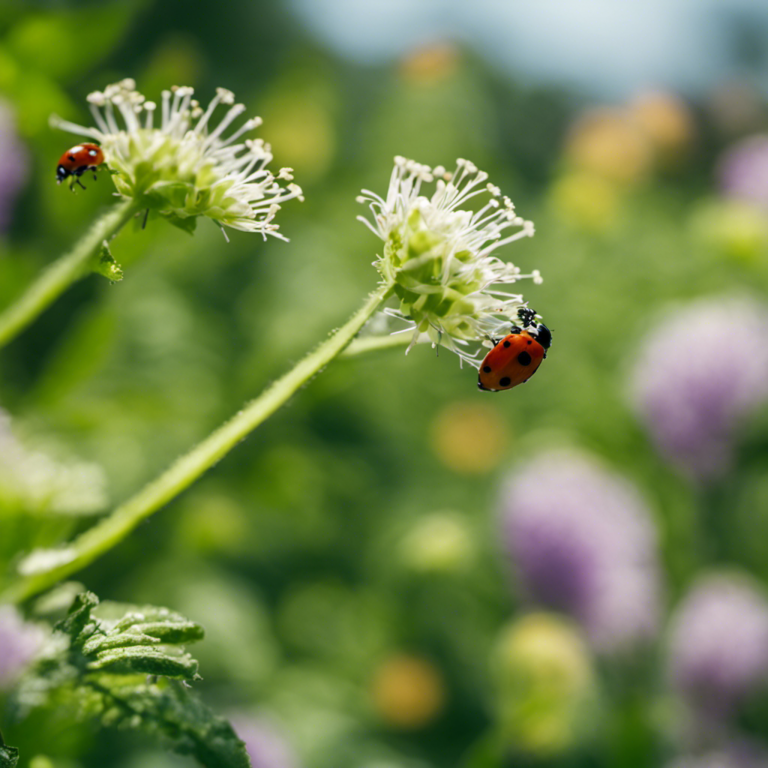Are pesky insects causing damage to your garden? Don’t worry! You can naturally control pests and save your garden today.
You might be wondering if it’s difficult and time-consuming. Not at all! This article will provide you with practical tips and solutions to identify common pests, deter them naturally, and maintain a pest-free garden.
Say goodbye to harmful chemicals and hello to a thriving garden that benefits you and your loved ones.
Let’s get started!
Key Takeaways
Controlling pests naturally is a great way to protect your garden from harmful insects. Instead of relying on chemical pesticides, you can use methods like companion planting and homemade organic pest sprays and traps. These natural approaches not only keep your plants safe but also embrace the power of nature.
Creating a harmonious environment where plants can thrive and pests can be controlled naturally is not only beneficial for your garden but also for the overall ecosystem. By avoiding the use of harmful chemicals, you contribute to the preservation of our natural world.
Experience the beauty of a healthy and vibrant garden that is free from pests. By using natural pest control methods, you can enjoy a garden that is both beautiful and environmentally friendly.
Identify Common Garden Pests
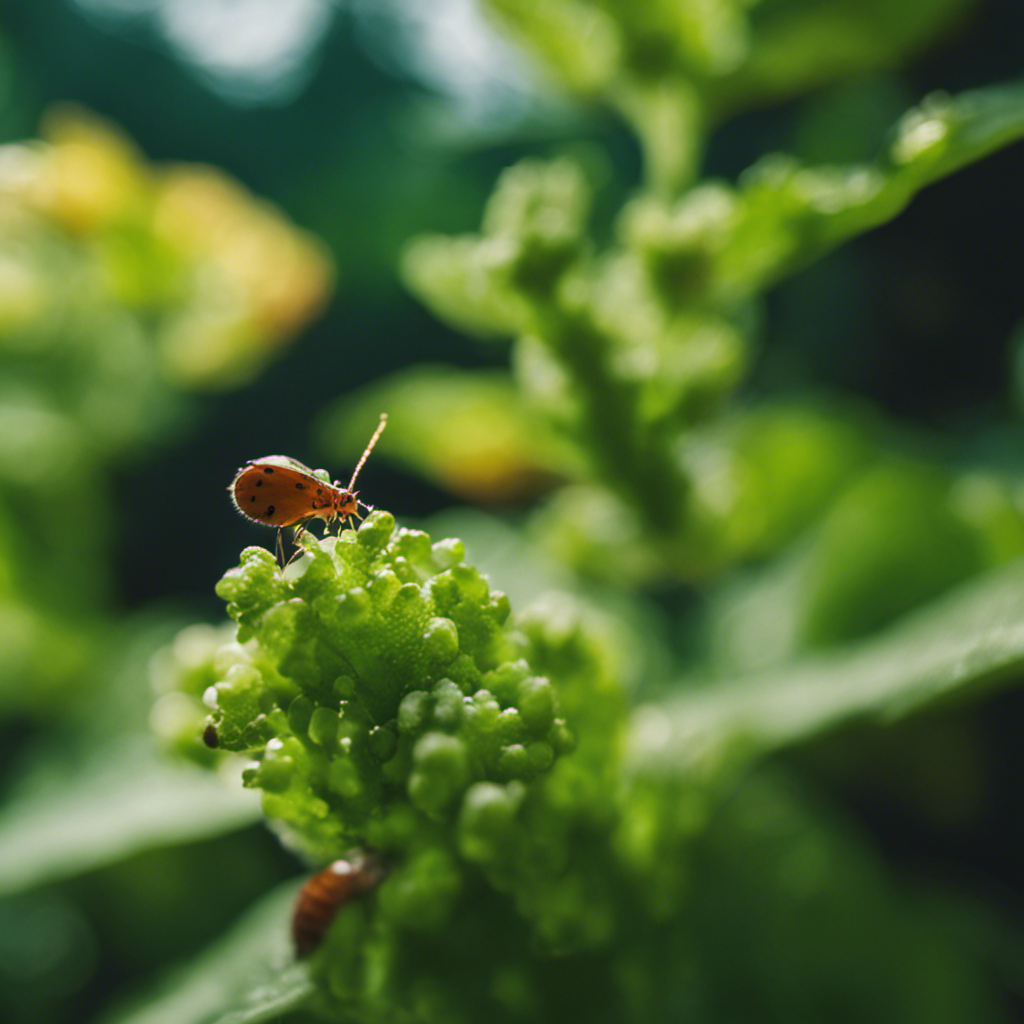
Identifying common garden pests is a straightforward process that begins with closely observing your plants for signs of damage or unusual activity. Keep an eye out for telltale signs such as chewed leaves, wilting plants, or holes in fruits and vegetables, as these are common indicators of pest infestation. Additionally, be on the lookout for abnormal activity like webbing, eggs, or insects feeding on plant sap.
Integrated pest management (IPM) offers a sustainable approach to pest control. By familiarizing yourself with the life cycles and behaviors of these pests, you can employ targeted strategies to minimize their impact on your garden. Another effective method for preventing pest damage is to introduce pest-resistant plants that naturally repel common garden pests.
Natural Pest Deterrents for Your Garden
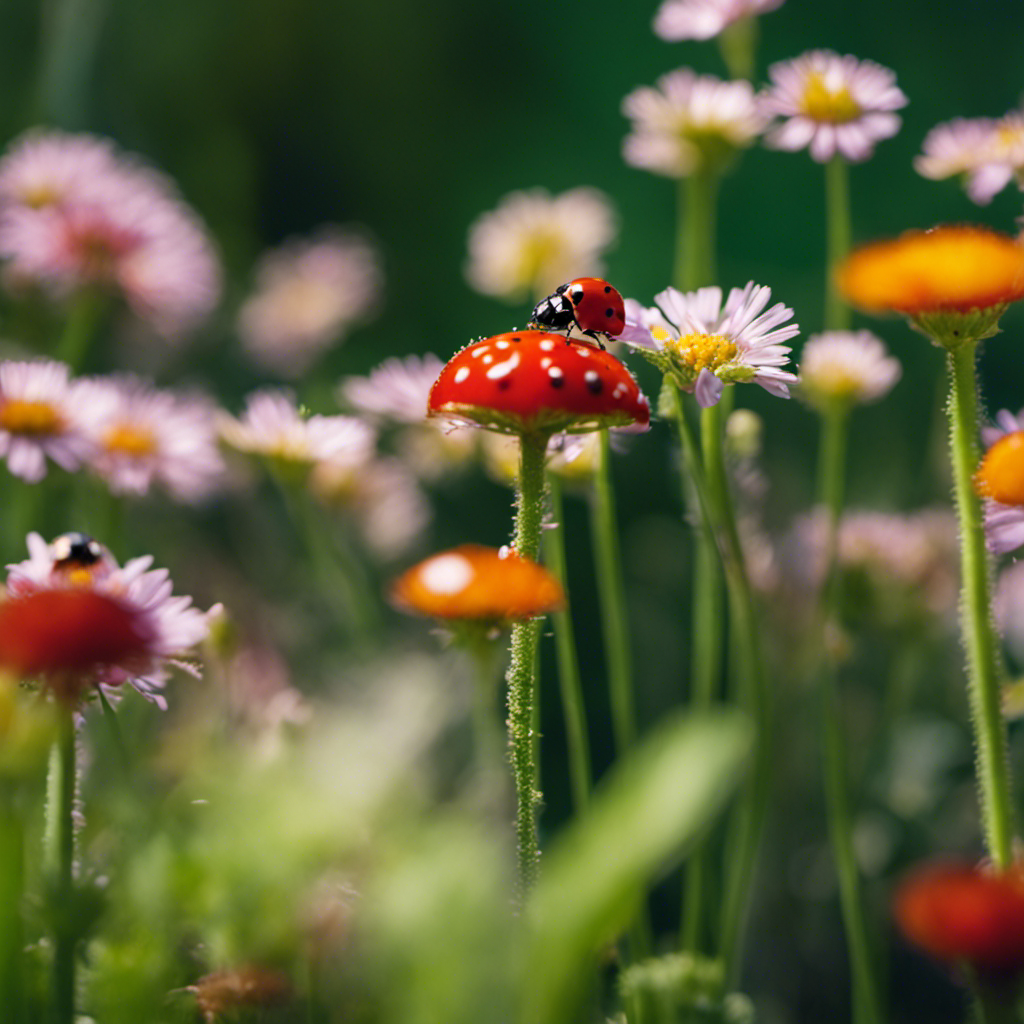
Protect your garden from pests naturally with these effective deterrents. By using natural pest control methods, you can maintain a healthy garden without relying on harmful chemicals.
One approach is to attract beneficial insects that prey on garden pests. These insects act as natural pest controllers, helping to keep populations in check. Consider planting flowers and herbs that attract beneficial insects, such as ladybugs, lacewings, and hoverflies. These insects feed on aphids, mites, and other pests that can damage your plants.
Another method is companion planting, which involves growing certain plants together to deter pests. For example, planting marigolds alongside your vegetables can repel nematodes and attract beneficial insects.
Companion Planting for Pest Control
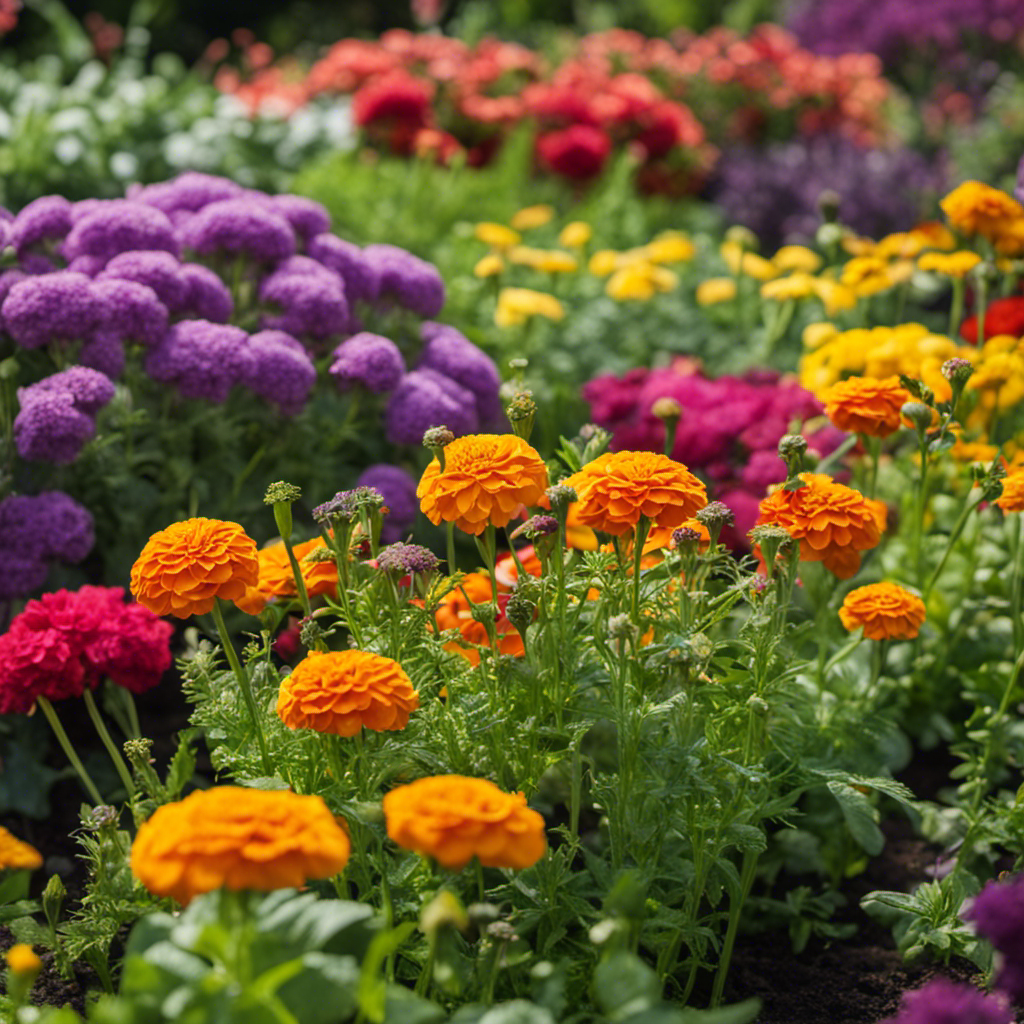
Controlling pests in your garden can be effectively achieved through companion planting.
Companion planting involves planting different crops together to maximize their benefits and minimize damage from pests. By intercropping, or planting pest-resistant plants alongside susceptible ones, you can create a more diverse and balanced ecosystem in your garden.
Pest-resistant plants, such as marigolds, mint, and garlic, emit strong odors that repel pests and act as natural deterrents. Strategically placing these plants throughout your garden can reduce the risk of pest infestations.
In addition to pest control, companion planting can attract beneficial insects that prey on pests and improve soil quality through nitrogen fixation. This approach to pest control is sustainable and environmentally friendly, promoting a healthy and thriving garden.
Homemade Organic Pest Sprays and Traps

One effective way to control pests naturally in your garden is by making and using homemade organic pest sprays and traps. DIY pest control methods can be an eco-friendly solution that saves you money and reduces the use of harmful chemicals.
Homemade organic pest sprays offer several options. One popular method is creating a mixture of water, dish soap, and neem oil. This spray can help deter pests like aphids, mealybugs, and spider mites. Another option is a garlic and chili pepper spray, which repels insects such as ants, aphids, and caterpillars.
Homemade organic traps can also be effective. For example, a beer trap for slugs and snails can be made by burying a container filled with beer in the ground. The pests are attracted to the beer and drown in the trap.
Steps to Maintain a Pest-Free Garden
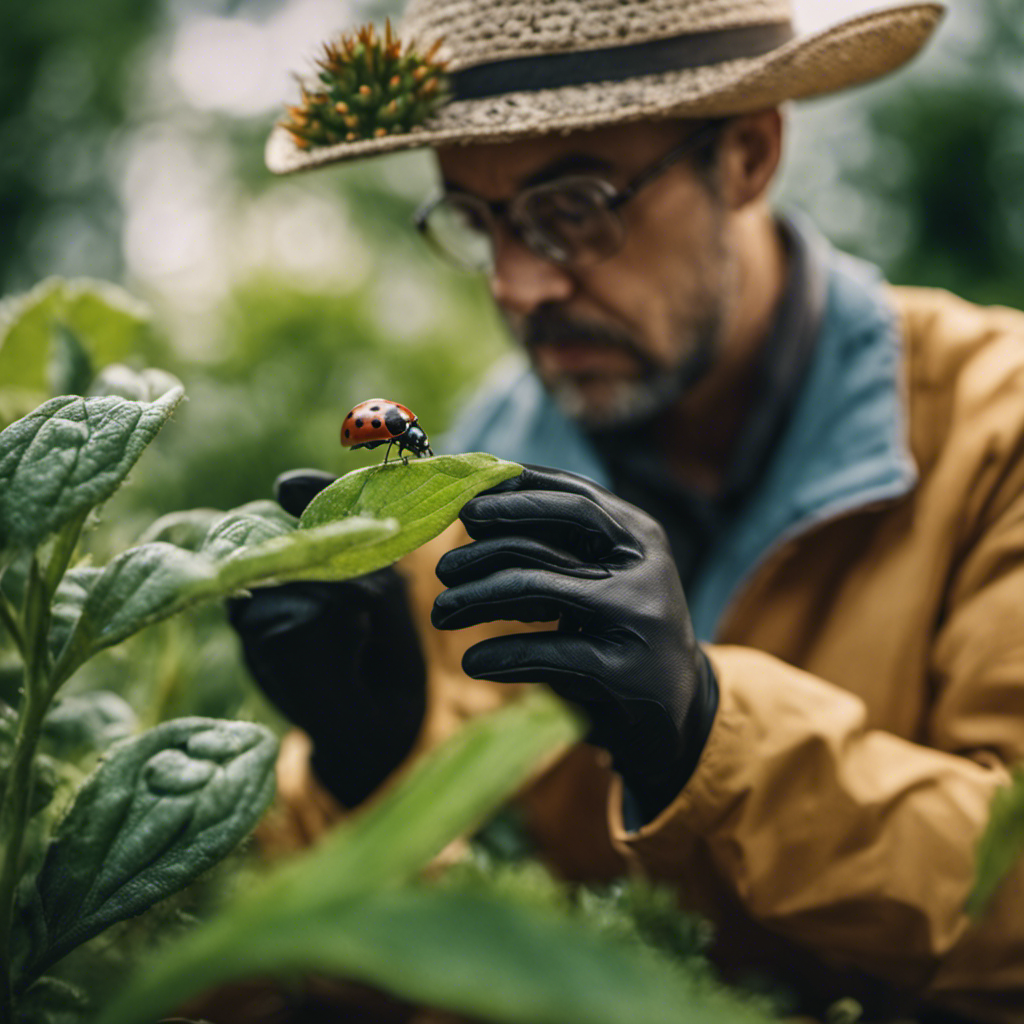
Maintaining a pest-free garden requires proactive steps and effective pest management strategies. Here are four steps you can follow:
-
Practice organic gardening: Avoid using synthetic pesticides and fertilizers to create a balanced ecosystem that’s less attractive to pests. Organic gardening promotes biodiversity and improves the overall health of your garden.
-
Implement integrated pest management (IPM) techniques: Combine various strategies to control pests effectively. This includes using biological controls like beneficial insects, practicing crop rotation, and monitoring pest populations to determine the most appropriate action.
-
Maintain proper sanitation: Regularly clean up garden debris, remove weeds, and keep your garden well-maintained. Good sanitation practices reduce hiding places and breeding grounds for pests.
-
Encourage natural predators: Attract beneficial insects like ladybugs, lacewings, and praying mantises by planting flowers that provide pollen and nectar. These predators feed on pests, helping to keep their populations in check.
Conclusion
By utilizing natural methods to control pests in your garden, such as companion planting and homemade organic pest sprays and traps, you can effectively protect your plants from harmful insects. This approach allows you to maintain a pest-free garden while embracing the power of nature.
Creating a harmonious environment where plants thrive and pests are controlled naturally isn’t only beneficial for your garden but also for the overall ecosystem.
Experience the beauty of a healthy, vibrant garden that’s free from pests, and contribute to the preservation of our natural world.
